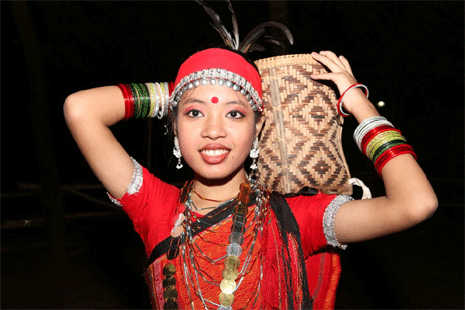
A special committee has formulated a draft law that aims to recognize rights of ethnic minorities, to preserve their culture and languages and eliminate various forms of discrimination against them. The draft on indigenous peoples’ rights was submitted to the parliamentary caucus on Adivasi (indigenous) people, said the technical committee member Sanjeeb Drong. “We expect to have the act passed by this year,” said Drong, general secretary of Bangladesh Indigenous Peoples’ Forum. Parliamentarian Rashed Khan Menon, convener of the caucus, said he strongly supported such an act as he finds existing laws do little to protect rights of ethnic minorities. Mesbah Kamal, coordinator of the committee, proposed a national commission to help formulate and implement policies to promote the well-being of ethnic minorities. Kamal, a professor of history at Dhaka University said: “The commission would function as an independent government agency to properly address the issues and concerns confronting the ethnic minorities”. “Non-recognition of the ethnic minorities in the state policy since 1972 led to economic, political and cultural marginalization of the ethnic and linguistic minorities,” he added. There are estimated four million people of tribal or ethnic minorities belonging to over 40 ethnic groups in a population of nearly 160 million. Tribal people make up almost half of an estimated 344,000 Catholics. The national constitution recognized them as ‘ethnic minorities’ in its amended version in 2011 though these groups strongly demanded that they be identified as Adivasi or indigenous people. “In whatever way we are called, now we are recognized and mainstream people are widely aware about our rights. What we now need is a specific law to protect our rights,” Sanjeeb Drong, a Garo leader said, adding that the law would be in line with the indigenous peoples’ law in the Philippines. In most cases their ancestral lands were grabbed by influential Bangalees and they lack power in the decision-making process, said Drong. “They are the poorest of the poor,” he said, adding that their cultures and traditions are on the verge of extinction. He said they would seek self-governance in predominantly tribal areas. “For example, Garos live in Mymensingh. So the chief administrator of the district would be a Garo,” Drong said. Related Reports: Indigenous debate reaches boiling pointIndigenous people seek recognition of rightsLegislation empowering indigenous people hailed


